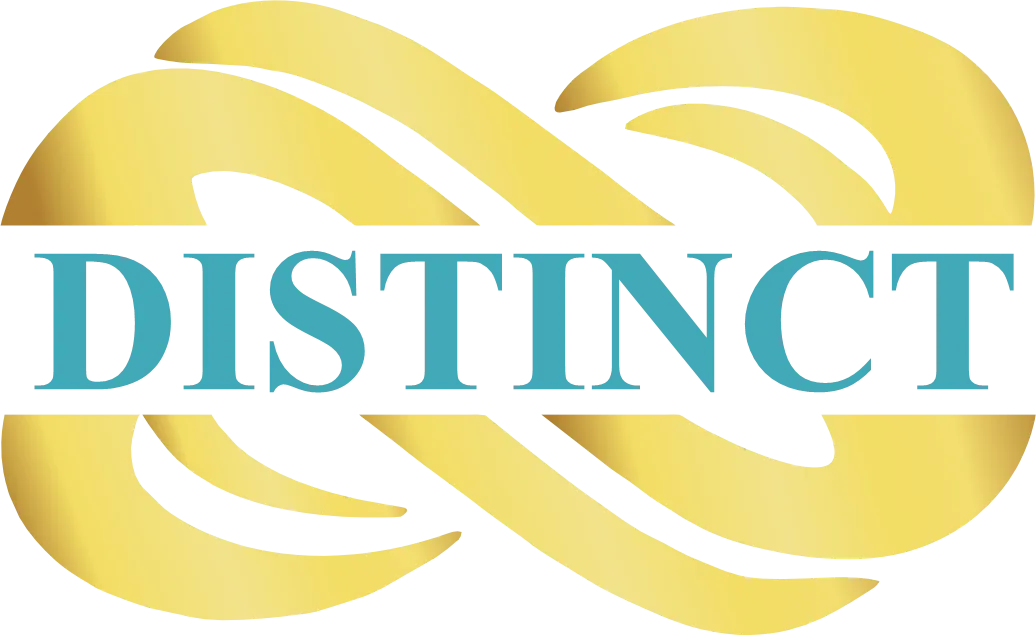

Tax-efficient Investment Strategies for Multi-million Dollar Net Profit Companies
by: Alysha Pruitt Harvey, MAcc, EA, CTS, CTC, CTP, People Advisor
In the world of multi-million dollar net profit companies, every financial decision can have significant tax implications. One of the most crucial areas that these companies need to navigate is their investment strategy. By employing tax-efficient investment strategies, companies can maximize returns while minimizing tax liabilities. This article is about actionable tips and advice, supported by real-life examples and case studies.
1. Tax-free Bonds vs. Taxable Bonds
Actionable Tip: Diversify your bond portfolio by including tax-free municipal bonds. These bonds might offer a lower interest rate than taxable bonds, but for companies in the highest tax brackets, the after-tax yield can be more attractive.
Real-life Example: Consider Company A, which is in the 37% federal tax bracket. A taxable bond yielding 5% provides an after-tax return of 3.15%. However, a municipal bond yielding 4% is tax-free, giving an effective yield of 4%. In this scenario, the municipal bond is the better choice for Company A.
2. Tax Implications of Different Investment Vehicles
Actionable Tip: Understand the tax implications of your investment vehicles. For instance, investments in mutual funds can lead to capital gains distributions, which are taxable even if the fund overall lost value.
Case Study: Company B invested heavily in mutual funds in 2019. Despite some of the funds posting a loss for the year, the company was surprised with a hefty tax bill due to capital gains distributions from the funds. Had Company B considered ETFs (Exchange Traded Funds) or tax-managed funds, they might have avoided this unexpected tax liability.
3. Capital Gains Tax Strategies
Actionable Tip: Hold onto investments for at least one year before selling. Long-term capital gains (assets held for more than a year) are taxed at a lower rate than short-term gains.
Real-life Example: Company C, after seeing a significant appreciation in a stock they held for 11 months, decided to wait an additional month before selling. By doing so, they reduced their capital gains tax rate from 37% (their income tax rate) to 20%, saving a substantial amount in taxes.
4. Consider Tax-efficient Funds
Actionable Tip: Invest in tax-efficient funds that aim to minimize taxable distributions. These funds employ strategies like avoiding rapid trading and offsetting gains with losses.
Case Study: Company D shifted a portion of their portfolio to tax-efficient funds in 2018. By 2020, they noticed that their tax liability from investment distributions had decreased by 30% compared to peers who were invested in more traditional funds.
5. Asset Location Strategy
Actionable Tip: Distribute investments strategically across taxable and tax-advantaged accounts based on their tax efficiency. Place tax-inefficient assets in tax-advantaged accounts and tax-efficient assets in taxable accounts.
Real-life Example: Company E holds both taxable and tax-advantaged accounts. They strategically placed high-yield bonds, which produce taxable income, in their tax-advantaged accounts. Meanwhile, they held tax-efficient index funds in their taxable accounts. This asset location strategy optimized their after-tax returns.
Conclusion
For multi-million dollar net profit companies, tax-efficient investment strategies are not just beneficial; they're essential. By understanding the nuances of different investment vehicles, considering the holding period for assets, and leveraging tax-efficient and asset location strategies, companies can significantly enhance their after-tax returns.
Remember, while these strategies are effective, it's always advisable to consult with a tax professional or financial advisor to tailor strategies to a company's specific situation.
Thinking of diving deeper into this? Spark your interest and book a call with us.
Talk to us here https://calendly.com/alyshaharvey/strategy
© 2024 Distinct Tax, LLC. All Rights Reserved. Protected by copyright laws of the United States and treaties. This email may only be used pursuant to our Terms & Use Agreement and Privacy Policy. Any reproduction, copying, or redistribution, (electronic or otherwise) in whole or in part, is strictly prohibited without the express written permission of Distinct Tax, LLC or by email at [email protected].

Hours of Operation
During Tax Season (January 1 - April 15)
Monday - Friday 9:00 AM - 5:00 PM
Saturday and Sunday - Closed
Post-Tax Season (April 16 - November 30)
Tuesday - Thursday 9:00 AM - 5:00 PM
Monday and Friday - Closed
Saturday and Sunday - Closed
Pre-Tax Season (December)
Appointment Only
CONTACT US


2024 © Distinct Tax Consulting Group, LLC
All Rights Reserved
Terms and Conditions | Privacy Policy

Hours of Operation
During Tax Season (January 1 - April 15)
Monday - Friday 9:00 AM - 5:00 PM
Saturday and Sunday - Closed
Post-Tax Season (April 16 - November 30)
Tuesday - Thursday 9:00 AM - 5:00 PM
Monday and Friday - Closed
Saturday and Sunday - Closed
Pre-Tax Season (December)
Appointment Only
CONTACT US


